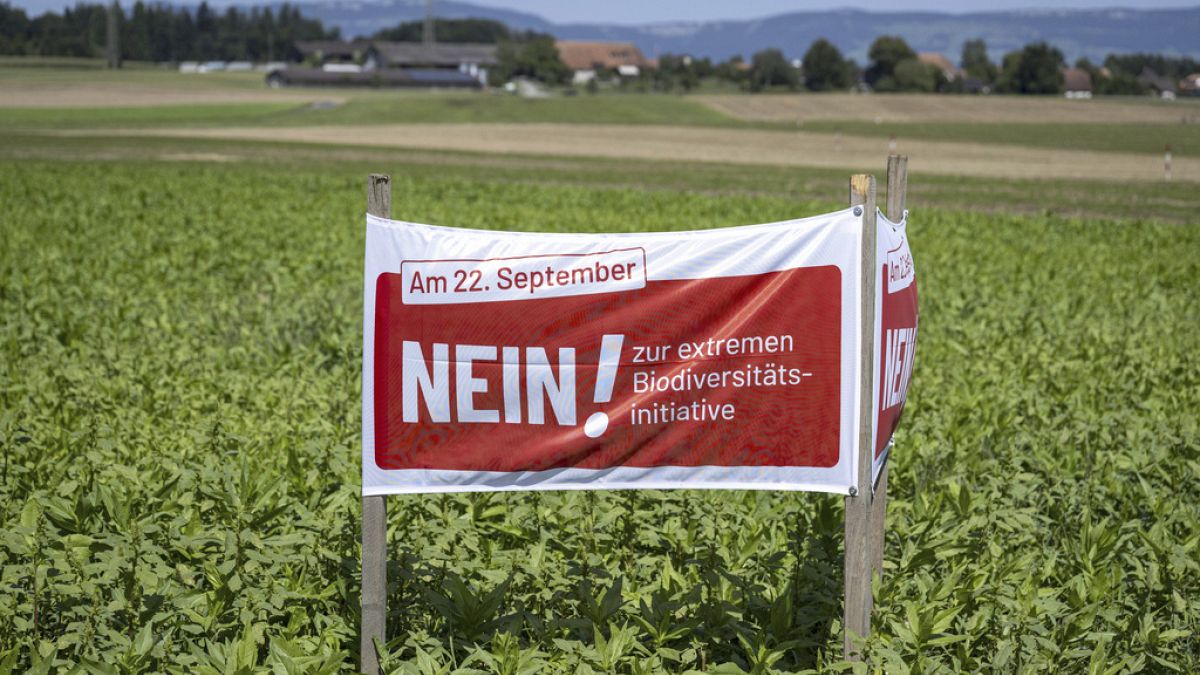Switzerland is facing a crucial referendum that will determine the future of its biodiversity protection measures. Environmentalists are advocating for stronger safeguards to prevent the degradation of the country’s plant and animal life, which is under significant threat. However, opponents argue that the proposed measures are too expensive, with the federal government estimating an additional cost of at least 420 million euros for national and local governments.
The proposal aims to increase public funding to encourage farmers and others to set aside lands and waterways to allow the wild landscape to flourish. It also seeks to increase the total area allocated for green spaces untouched by human development. Despite initial enthusiasm for the proposal, recent polls indicate declining support, with the campaign for a “no” vote highlighting concerns about the potential negative impact on economic development.
Proponents of the biodiversity initiative emphasize the importance of protected green spaces in supporting local economies and preserving natural resources in Switzerland. They point to the increasing threats to bees, frogs, birds, mosses, and other wildlife, highlighting the need for action to reverse the decline in biodiversity. The Organisation for Economic Cooperation and Development has identified Switzerland as one of the top four countries with the highest rates of threatened species in all categories of wildlife.
The referendum has sparked a debate between those who prioritize environmental protection and those who prioritize economic considerations. The voting process in Switzerland allows citizens to have a direct say in policymaking, giving them the opportunity to shape the future of biodiversity conservation in the country. The outcome of the referendum will have far-reaching implications for Switzerland’s natural environment and its ability to balance conservation efforts with economic development.
As the voting deadline approaches, the fate of Switzerland’s biodiversity hangs in the balance. The decision will impact not only the country’s natural landscape and wildlife but also its reputation as a global leader in environmental conservation. The referendum has galvanized discussions around the importance of preserving biodiversity for future generations and the need to find a balance between economic growth and environmental protection.
In the final days leading up to the referendum, both sides are intensifying their efforts to sway voters in their favor. Supporters of the biodiversity initiative are emphasizing the urgent need to protect Switzerland’s natural resources, while opponents are highlighting the potential financial burdens associated with the proposed measures. The outcome of the referendum will ultimately reflect the values and priorities of the Swiss electorate, shaping the country’s approach to biodiversity conservation in the years to come.











